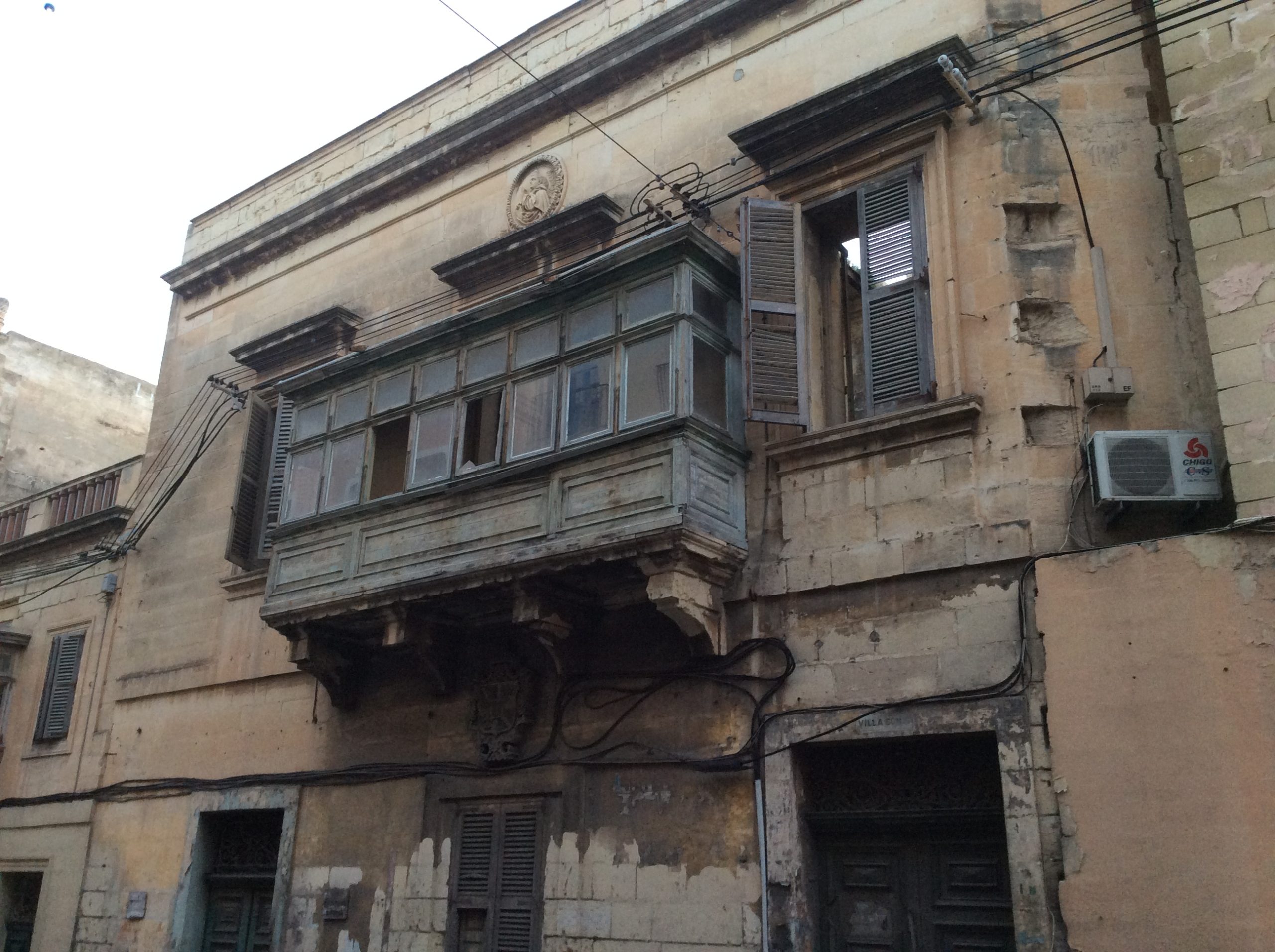
Following MEPA’s publication of the proposal to convert Villa Bonici in Sliema into a home for the elderly, Sliema Residents Association, Flimkien ghal Ambjent Ahjar, NatureTrust Malta and BirdLife Malta call on the authorities to schedule the entirety of the estate’s gardens.
The NGOs welcome the developers’ intention to respect the heritage value of the Villa Bonici building, and acknowledge that the proposed conversion also meets an important social need as it would alleviate the shortage of sheltered accommodation for elderly persons in the locality.
Half of the estate’s gardens were scheduled last year after intense lobbying by SRA and FAA, due to their important heritage value as they include several unique features such as a Baroque gate, an ornamental gothic style tower or ‘folly’, an early open-air cinema and band stand as well as enormous wells amongst others.
The Maltese public has already lost so much by way of natural and built heritage – Government should not miss this unique opportunity to purchase the last remaining large green space in the Sliema/Gzira area, and preserve it as a nature park, as it is an important habitat to a wide range of biodiversity including the western whip snake (serp iswed), lizards and geckos, migrant birds such as herons, falcons, bee-eaters and swifts, as well as resident birds. The site also houses a colony of bats, which makes it automatically eligible for protection under Schedule III of Legal Notice 311 – Flora, Fauna and Natural Habitats Protection Regulations, 2006
Furthermore this entire green area acts as an essential lung for Sliema, which already suffers from high rates of air pollution. Malta already has one of the highest rates of air pollution in the EU and the highest rate of childhood respiratory ailments in the EU and the Mediterranean. Trapped between two busy traffic arteries, the area is already prone to high rates of air pollution which will be further exacerbated by development of this site. The authorities have scheduled part of the garden for its heritage features but are failing to protect and have ignored the environmental, architectural heritage and ecosystem benefits provided by the rest of the green space. Apart from having other distinct features to the ones scheduled in the upper half, the lower unscheduled part of the villa estate also houses a wonderful typical local farmhouse, the last example of such vernacular architecture in the Sliema /Gzira area.
The current four planning applications proposing to develop the Forestals block and adjacent low-lying buildings up to Sacro Cuor Street into apartment blocks over ten storeys high at the Strand, will have a lasting negative impact on Villa Bonici. If granted, these massive bastion-like developments will cast a permanent shadow on the lower parts of the Villa estate, impacting the ecology of the scheduled garden negatively.
The NGOs also question how the gardens of Villa Bonici were mysteriously changed from an Urban Conservation Area to one with ‘unspecified heights’. Failure to schedule this lower half will lead to rampant over-development of the site with all the implications of additional traffic, loss of biodiversity and of water. Lack of scheduling of the lower half of the garden shows that the authorities’ action to protect our environment and biodiversity falls far short of their claims of environmental care.
The NGOs call on the authorities to schedule the whole garden, thus protecting Sliema’s green lung from future inappropriate development for the benefit of future generations.



